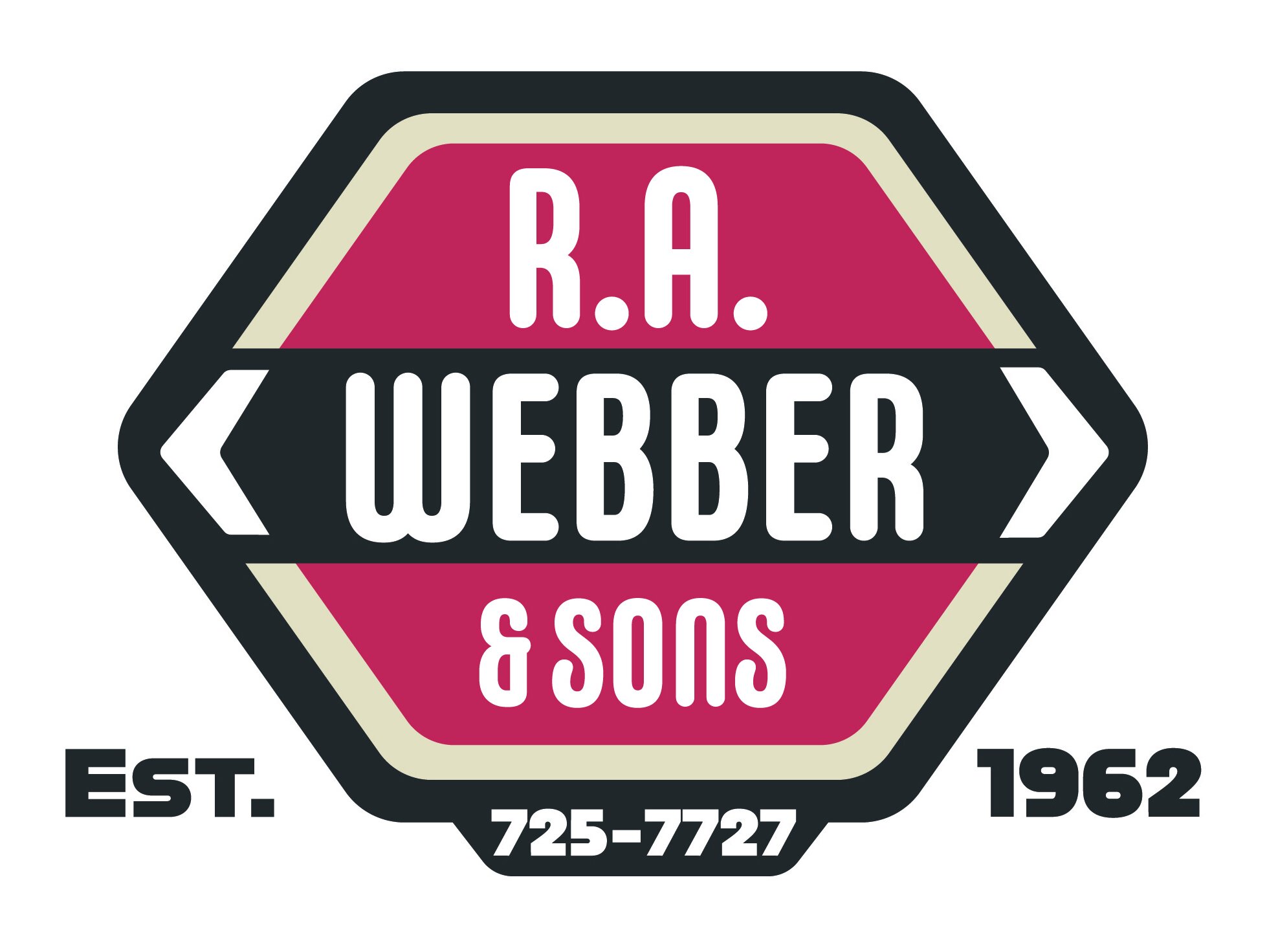Septic Systems
24-hour Septic System Pumping & Servicing
Call us at 207-725-7727 or for after hours septic emergencies, call 207-449-9140
We provide septic service every day of the year. We build, replace or inspect septic systems, as well as repair broken pipes, septic pumps and distribution boxes. We have certified septic inspectors on staff.
With over 60 years of experience, you can count on us to do the job right!





